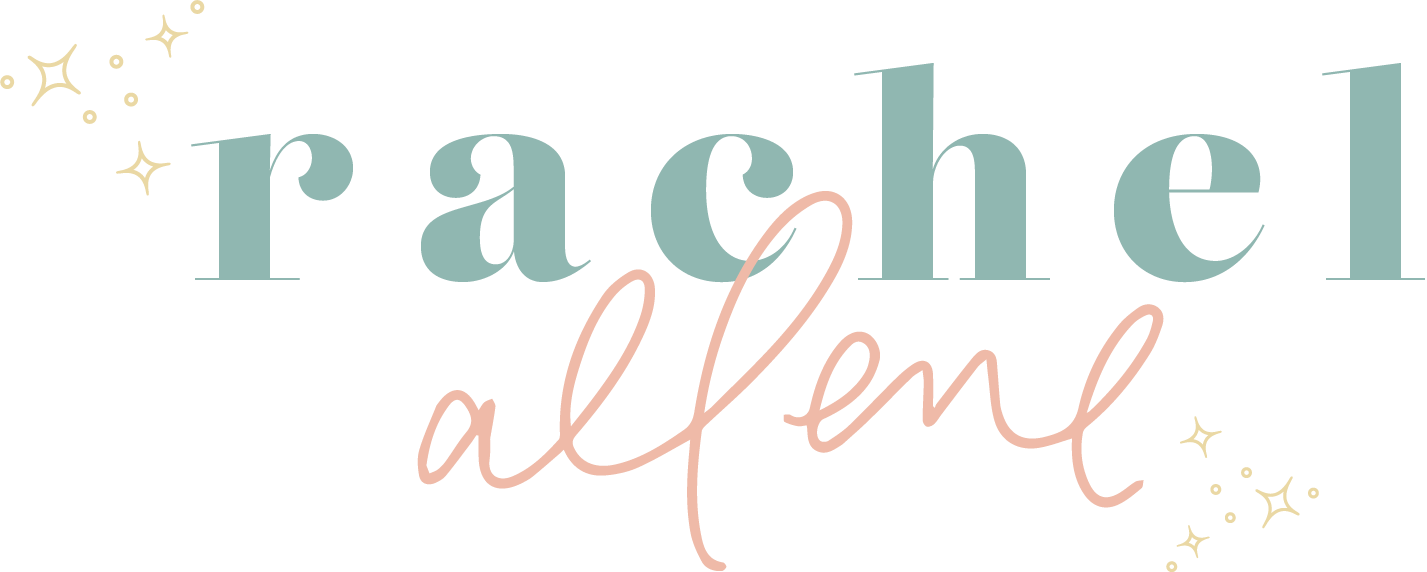Making Mistakes and How to Grow
Mistakes. I’ve made a few. Are you someone who can make a mistake, immediately see the consequences and move on? Are you able to brush it off and see the ways you’re able to learn and grow? Or do mistakes make you nauseous and leave you questioning your worth? Do mistakes you’ve made keep you up at night wondering how you’ll recover? Unfortunately, I am of the latter breed. I hate making mistakes. Furthermore, I hate making mistakes that effect someone else. I can beat myself up for weeks after a big mistake I’ve made. I have a hard time letting it go. I get stuck in a pit of anxiety, regret, and low confidence. As I write this out, I am realizing on a deeper level how making mistakes effects me. It’s not something we talk about. It’s not a skill I was taught. I learned how to communicate my emotions, I learned how to ask for forgiveness, I learned how to deal with rejection, and I learned (still learning) how to overcome negative self-talk. But, I never really learned how to deal with making mistakes. Oftentimes, making mistakes is a gateway to negative self-talk, but this type of talk is different than the regular breed. At least for me this is the case.
I actually picked this topic last week and I am just now getting the time to write about it. Funny thing, in between the time I landed on this topic and actually writing it, I did—in fact— make a mistake. With my business. Not a big one. Actually, pretty small. But at the time, it felt big. It still feels a little big. The day it happened I had a hard time sleeping that night. I woke up the next day with residual anxiety. I felt like I should give up and questioned if I am in the right business. Here’s my point: no matter the “size” of our mistakes, it still has a lasting effect on our outlook towards life and ourselves.
I’ll be the first to preach: our actions—or lack thereof— do not determine our worth. But do we live each day remembering this? I don’t, that’s for sure. When I make a mistake—regardless of the situation, I immediately question my worth in that area of my life. For example, if I am unkind to my husband and then realize the mistake I made, I immediately tell myself I am a terrible wife and don’t deserve to be loved. If I make a mistake with my business, I start thinking about other careers I could choose or I tell myself I am never going to make it in the industry and should try something else. If I disrespect my mom (sorry, mom!), in hindsight I start to tell myself I am not a good enough daughter and never will be. You see the trap? It’s dark, and full of destruction.
So, how can we move forward? Well, the other night, as I was laying my head on the dinner table telling my husband how I’m not good enough and should probably find a new career, he stopped me in the middle of my sentence. He told me to recognize the mistake, realize that I can do better, decide what I can learn from it, and move on. The last part is the toughest. I am not a master yet, but I am learning to move on, move forward. For me, this looks like talking to myself out loud. It means I verbally tell myself “you’re good at this,” “you are not defined by your mistakes,” “you can learn from this,” “you will do better next time.” Kinda silly, right? But I swear it works. The only voice our subconscious trusts is our own. So, in order to change unhealthy thought patterns, we have to verbally tell ourselves. Our husbands, or friends, or moms can tell us all day, every day, that we are enough. But until we start to believe it ourselves and tell ourselves that fact, we won’t truly believe it. I am preaching to myself just as much as I am to you! We can all do this!

